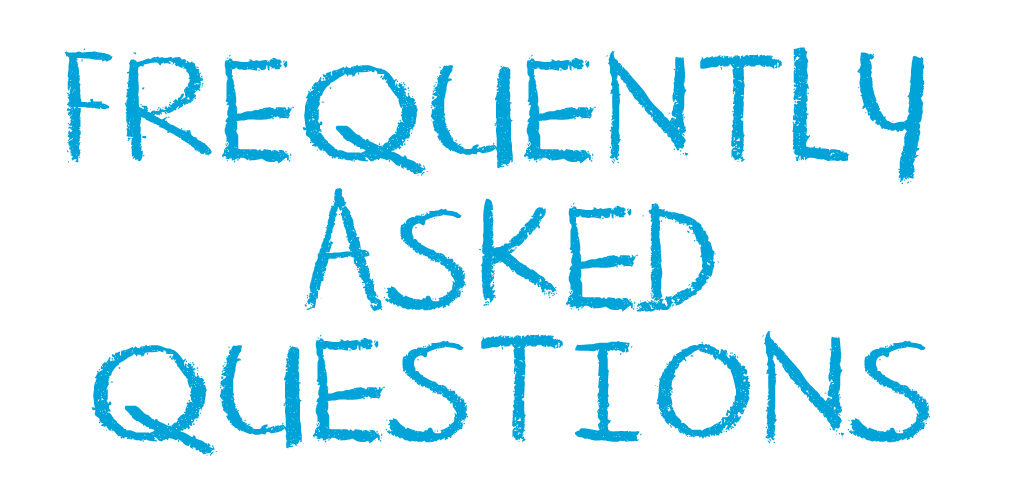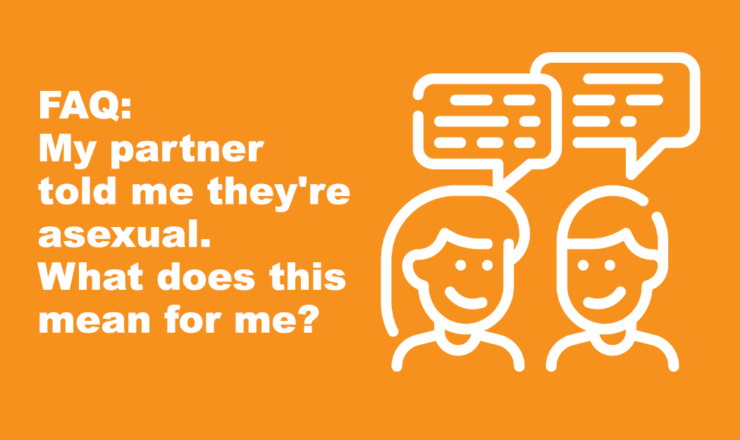

So, withdrawal is a form of birth control where someone takes their penis out of their partner’s vagina before ejaculation. When used perfectly it is 96% effective. When used imperfectly, though, it can be just 81% effective.
If you’re worried that you’re going to ejaculate all of a sudden and not pull out in time, you can always learn more about your body by masturbating! This is a good, no pressure way to learn and start recognizing the signs that your body gives when you’re about to come. Withdrawal gets harder to do effectively when people are drunk or high or not paying attention to their own bodies, so that’s something to think about.
It’s also good to keep in mind that people don’t have to wait until right before they’re going to ejaculate to pull out! It’s totally okay to have some penetrative sex, but pull out and finish through oral sex or masturbation.
Like all types of sex, communication is key. Talk about if withdrawal is going to be your only method of birth control, what to do if someone doesn’t pull out in time (maybe discuss getting and paying for Plan B?), and, maybe most importantly, negotiate with them about where the semen is going to end up. Having these conversations (and following through with them as discussed!) can build trust between partners, and help everyone involved relax and enjoy sex a lot more.
Oh, also, withdrawal does not protect you against transmitting or acquiring an STI.
For more information, check out our page on withdrawal (link).
If you have questions about this topic, feel free to contact one of our peer educators. [Link]
Last Updated: April 2020

In this article we cover some of the first questions people often have when trying to understand how their partner being ace may or may not impact their relationship.

Are you a queer youth in Toronto who is looking to find spaces to meet other queer youth that are welcoming and safe?

Winnie Wang is latest subject in our 5 Questions With series, and they’re here to talk with us about what it’s like to be a non-binary person in gendered spaces.